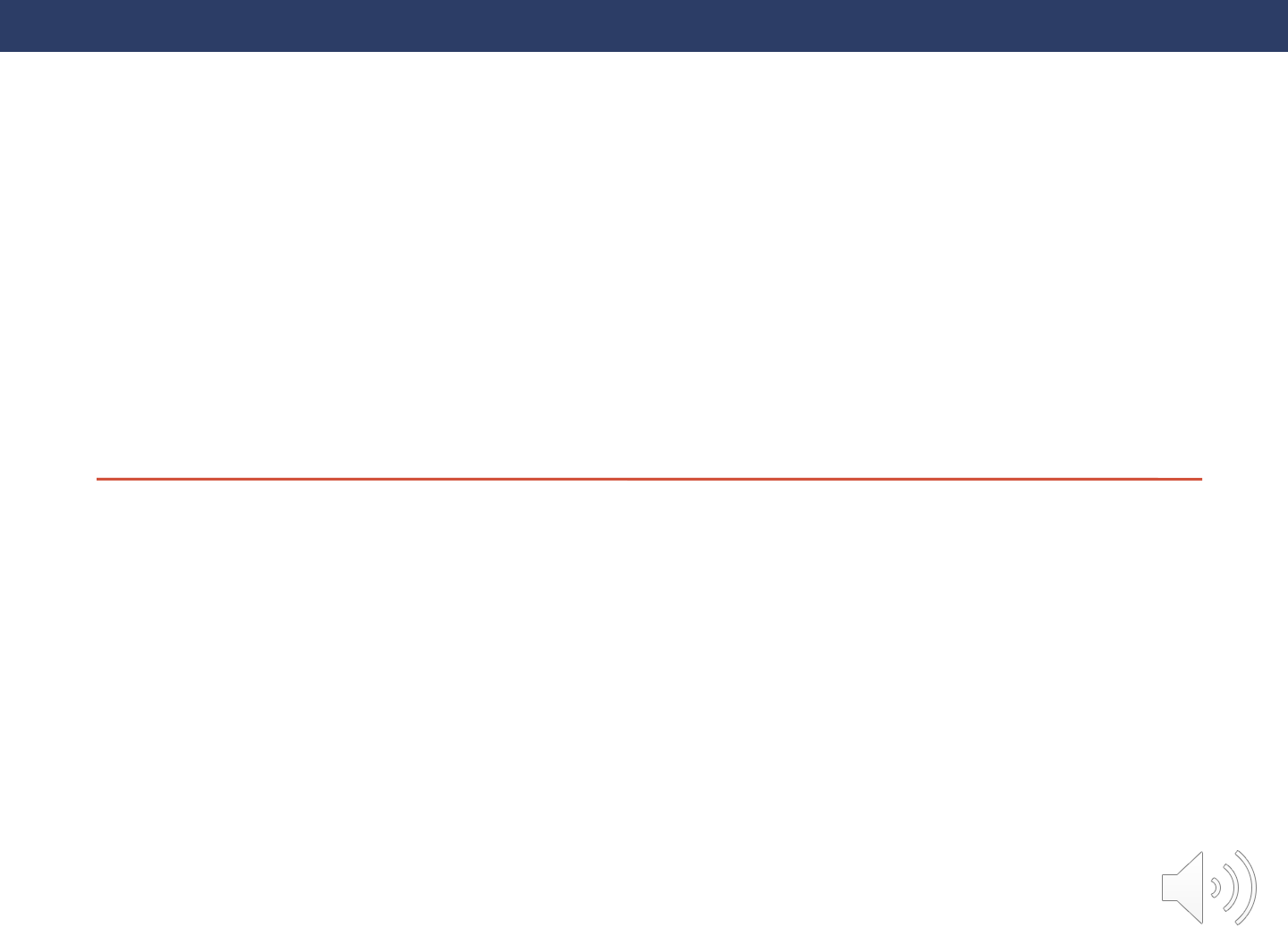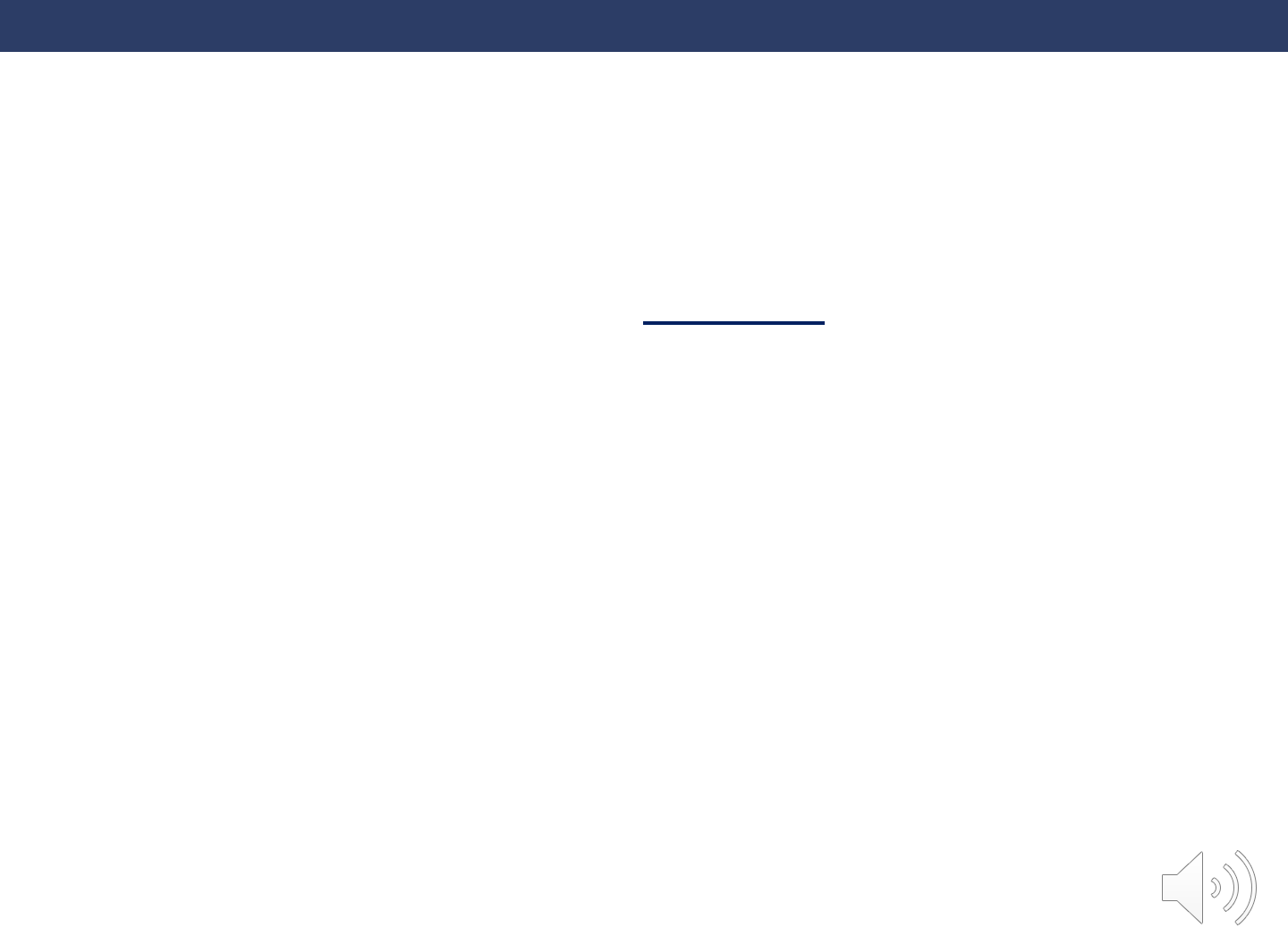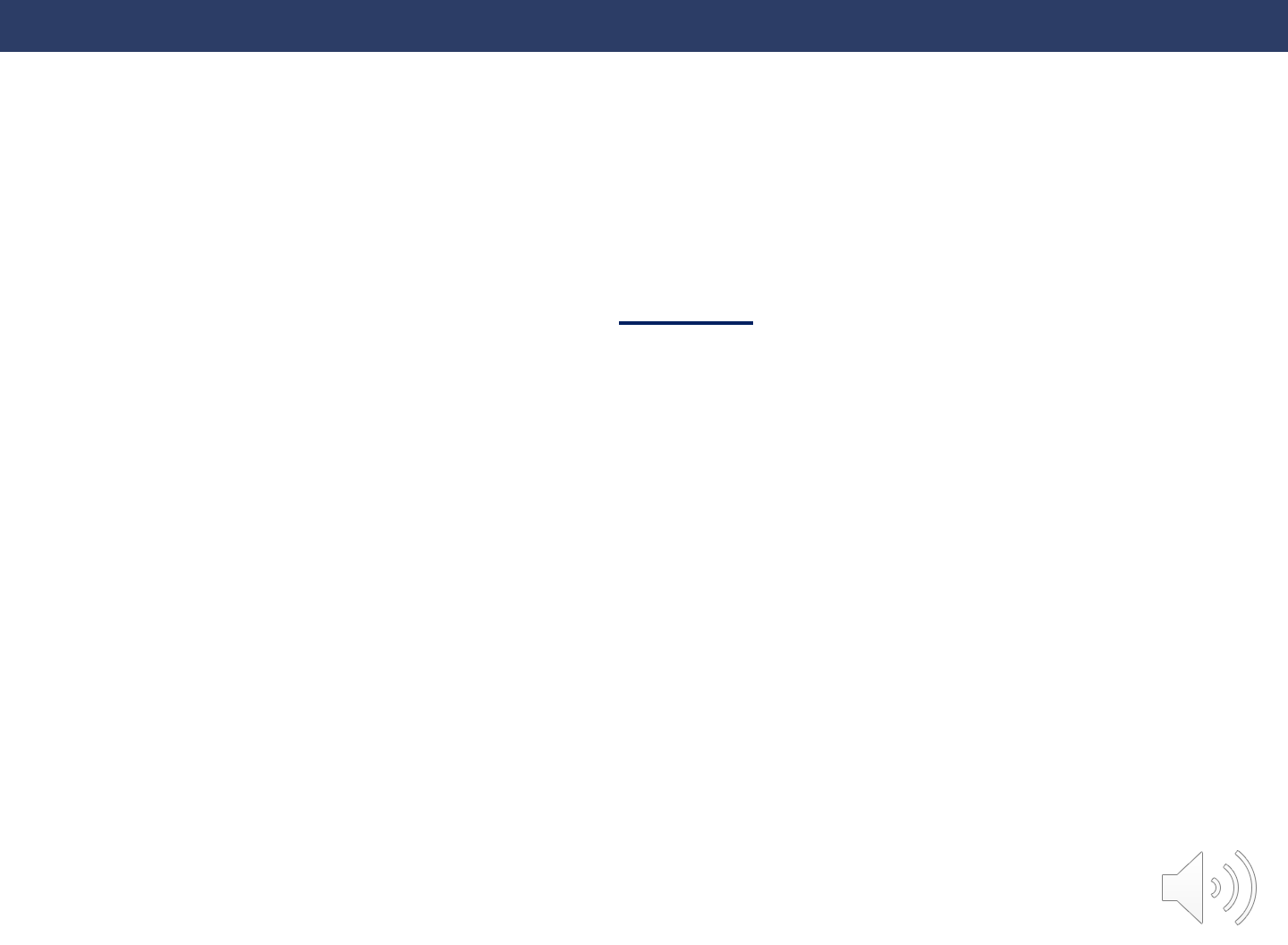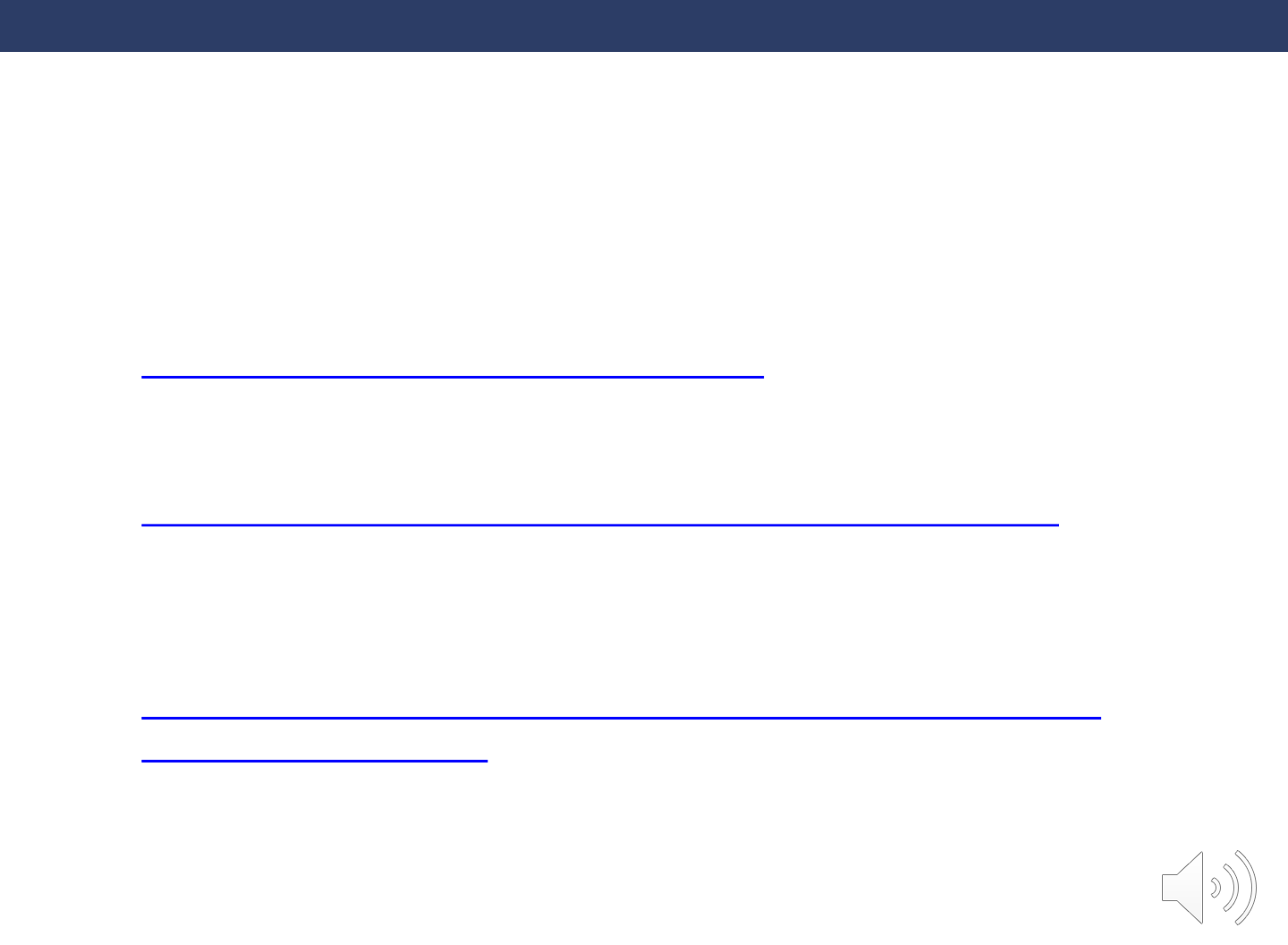
PERSONAL STATEMENTS
FOR RESIDENCY APPLICATIONS
(DENTISTRY)
UCLA Graduate Writing Center

Topics to be covered
• Preliminaries
• Context, purpose, audience
• Structure
• Pointers regarding each section
• Additional Tips
• Additional tips and further resources

Overview: Application Context
The personal statement (PS) is part of a package:
• CV, personal statement, letters of recommendation,
institutional evaluation
• How does the PS complement other documents?
• What info does the PS provide that the other documents
cannot?
• What degree of overlap with other documents is
appropriate?

Overview: Application Context
The personal statement (PS) is part of a package:
• CV, personal statement, letters of recommendation,
institutional evaluation
• How does the PS complement other documents?
• What info does the PS provide that the other documents
cannot?
• What degree of overlap with other documents is
appropriate?

Overview: Application Context
The personal statement (PS) is part of a package:
• CV, personal statement, letters of recommendation,
institutional evaluation
• How does the PS complement other documents?
• What info does the PS provide that the other documents
cannot?
• What degree of overlap with other documents is
appropriate?

Purpose of Personal Statement
The personal statement is an argument that persuades the
audience (program director/committee) as to...
• Why you are an excellent fit for this residency
• How your experiences have prepared you (including teaching &
research if appropriate)
• How this residency fits with your career path and future goals
• How this residency program would benefit from accepting you

Purpose of Personal Statement
The personal statement is a portrait that leaves an image of
you in the mind of the reader/reviewer...
• Positive, serious professional (in action)
• Examples/details need to be concrete and specific
• Vivid and clear, but not flowery language
• Reflection on experiences should show ability to learn and grow, as
well as professional maturity

Audience: your specialty
Address the audience of residency program directors
and reviewers for your specialty/residency program:
• Why this specialty? (If you can switch the specialty/program
and the essay still works, you are speaking in terms that are
too generic.)
• Why more training? (for general programs)
Values, specifics of your specialty
• Experience working with relevant populations
• Academic dentistry: Research and teaching experience

Differences from dental school essay
• More professional than personal
• Anecdotes and examples should motivate your choice of and
preparation for the specialty, not dentistry overall (unless you
are continuing in general dentistry)
• Examples should primarily come from clinical rotations or
similar clinical experience (e.g., volunteer work) that you did
during dental school
• Exceptions to the above could be significant experiences
before or outside of dental school if and only if
the example(s)
relate directly to your specialty

Typical Structure
• Introduction (1 par) – should indicate specialty
• Body (2-3 par), e.g.:
• Most relevant clinical experience
• Motivation for choice of specialty
• Most relevant research, teaching, and/or service
• Leadership, teamwork, and other personal qualities/skills
• Further details that support choice of specialty
• Expectations/Future Plans/Closing (1 par)

Introduction
Common types of openings:
• Anecdote or narrative example, e.g.
• Personal (motivated choice of specialty)
• Professional (motivated choice of specialty, shows engagement in
field, professional in action)
• More direct statement of motivation/reasons for becoming
a dentist in specialty X

Introduction (cont’d)
Things to avoid:
• Anecdotes that are not relevant enough, or do not
motivate the specialty/personal statement well
• Clichés
• “I’ve always wanted to be… ever since I was 3…
I have a passion for…”
• Anything that doesn’t clearly contribute to overall narrative
or argument

Introduction & Structure
• Completely narrative structure begins with relevant
anecdote/narrative example, and the entire PS follows a
narrative arc
• Narrative/anecdotal opening followed by more thematic or
analytical structure; closing does or does not revisit
opening narrative
• Direct statement of reason(s) for entering specialty is
followed by presentation of experiences and qualifications
in thematic or analytical structure (examples are still key)

Body of PS
• Are the main points backed up with examples?
• Are the examples specific (not generic) and relevant?
• Does each example contribute something substantive and
non-redundant?
• Do the examples paint a clear and positive portrait of you,
show you in action as the professional you are/ are
becoming?

Closing
• Summarize the most important aspects of your PS without
being repetitive
• If you started with a story/anecdote, should you revisit it?
(sometimes yes, sometimes no)
• Discuss future plans and career goals as appropriate

Revision Tips
• Do a backwards outline after writing a draft
• Identify specific purpose of each paragraph and main sub-
points of paragraph
• Remove redundant sections/sentences.
• Remove unnecessary detail or empty, generic statements
• Read aloud to improve flow and transitions

Tips for Getting Started
• Take notes when you do clinical rotations
• When you have an interesting experience with a patient,
do some reflective writing about what was interesting and
what you learned through the experience.
• These notes and examples will give you material.
• Don’t be afraid to write a longer, loose draft to get your
ideas down—you can cut and edit later.

Final Tips
• Look at examples
• Give yourself a lot of time to revise and refine
• Make a plan to have multiple people review your work
• Embrace multiple drafts/revisions
• Use GWC appointments as one way to receive feedback
(multiple times OK)

Reviewing Examples
• What do you notice about the statement structure?
• How does the writer begin the statement?
• How does the writer motivate the choice of specialty?
• What do you notice about the examples/experiences?
• Does the statement adequately address the types of
experience expected for that specialty?
• Does the statement adequately address research and
teaching experience if it’s expected?
• What works or doesn’t work overall?

Resources
• UCLA Graduate Writing Center Appointments
https://gwc.gsrc.ucla.edu/Appointments
• UCLA Graduate Writing Center
http://gsrc.ucla.edu/gwc/resources/writing-in-dentistry.html
• UCSF Career Center Residency application advice &
samples (Cover letters, CVs)
https://career.ucsf.edu/dentistry-students/jobs-residency/cvs-
resumes-cover-letters

